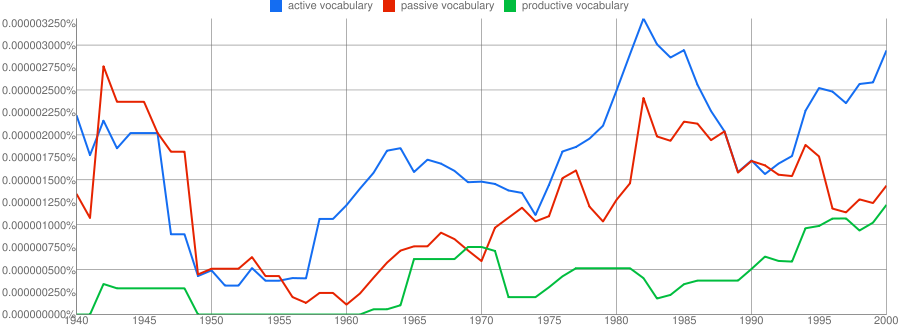I was taught a word once by a linguist. I can't remember it, but it would be very useful for a Google search I am trying to do to solve another question on a different StackExchange.
It was a similar word to vocabulary, but rather than refer to all the words a person knew, it referred to the set of words a person would choose to use in a particular situation. English speakers from different regions might select different words from the set of swimmers, trunks, cossies, bathers, while understanding they are all referring to the same thing - they are all in their vocabularies, but not in their [blank].
My recollection was the linguistics term was also a common English word, like class or style, which made it confusing when I first encountered it.

